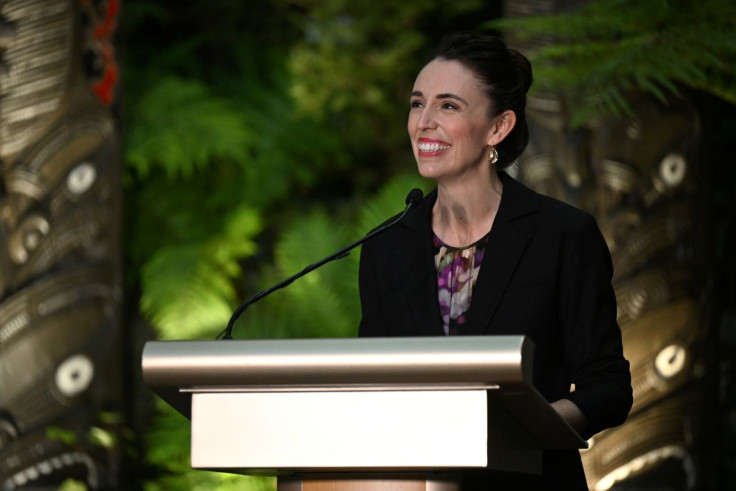Biden, New Zealand PM Focus On Pacific Islands, China In White House Meeting

U.S. President Joe Biden and New Zealand's Prime Minister Jacinda Ardern on Tuesday discussed the need to step up engagement with Pacific island nations, including through in-person exchanges with their leaders, a senior U.S. official said.
Biden and Ardern met at the White House amid a concerted push by China to increase its influence in the Pacific island region, which has raised concerns in both New Zealand and the United States and among other U.S. allies and partners in the Indo-Pacific.
Greeting Ardern in the Oval Office, Biden said Washington had no desire to dictate to the region but to partner with them. "We have more work to do in those Pacific islands," he said.
Ardern told reporters after the meeting that both countries were strongly aligned "in furthering the Pacific values and the focus that Pacific island leaders have determined for themselves."
The senior U.S. official, who spoke on condition of anonymity, said the two sides discussed shared concerns about the challenges faced by Pacific island nations and the need to help them deal with issues such as the COVID-19 pandemic and climate change.
"They also had some fairly detailed discussion about the importance of in-person engagement with Pacific island leaders and the importance of the United States working closely with New Zealand and other partners as we continue to step up our efforts to engage more effectively in the Pacific," he said.
Ardern was the first New Zealand leader to visit the White House since Sir John Key met President Barack Obama in 2014.
The meeting took on greater importance as New Zealand in recent weeks has raised concerns about China following news that Beijing had signed a security pact with the Solomon Islands.
China's Foreign Minister Wang Yi was in Tonga on Tuesday as part of a tour through the Pacific islands region.
He signed agreements in Tonga for police equipment and fisheries cooperation, but Pacific island nations were unable to reach consensus in a meeting with Wang a day earlier over a sweeping regional trade and security pact China has proposed.
New Zealand joined Biden's Indo-Pacific Economic Framework for Prosperity (IPEF), an economic bloc that excludes China and was designed to counter that country, during Biden's first trip to Asia as president last week.
Ardern said the pact "presents a significant opportunity to build economic resilience in our region."
But New Zealand and several other countries in the region think it does not go far enough, and would like to see the United States rejoin a regional trade pact his predecessor, then-President Donald Trump, quit in 2017. Biden has been reluctant to do so because of domestic fears that such deals could cost jobs.
Biden and Ardern also discussed their response to Russia's invasion of Ukraine as well as gun control following several U.S. mass shootings, including one last week at an elementary school in Uvalde, Texas, that left 21 children and teachers dead.
After the Christchurch massacre in 2019, in which a gunman killed 51 Muslims, Ardern delivered a ban on semiautomatic firearms and other gun curbs, a stark contrast to the United States, where lawmakers and activists have struggled to address gun violence. Ardern offered her condolences on the recent shootings.
(Writing by Trevor Hunnicutt and David Brunnstrom; Additional reporting by Trevor Hunnicutt, David Brunnstrom, Steve Holland and Katharine Jackson; Editing by Raju Gopalakrishnan and Jonathan Oatis)
© Copyright Thomson Reuters 2024. All rights reserved.







